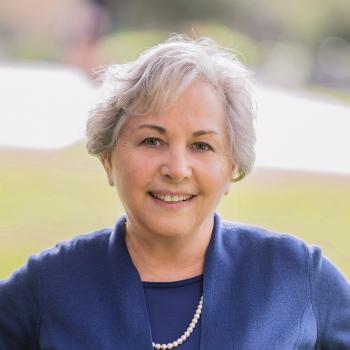Complex Instruction: Strategies for the Heterogeneous Classroom
Strategies for the Heterogeneous Classroom
Date:
Tuesday, January 23, 2024 - 9:00am to 10:15am
Academically, linguistically, socially, and culturally heterogenous classrooms have become a prevalent phenomenon in many parts of the world. They include students who have a wide range of previous academic achievement, different levels of receptive and productive proficiency in the language of instruction, and diverse racial, ethnic, social, and cultural backgrounds.
Complex Instruction (CI), a well-known pedagogical approach, is grounded in the application and expansion of theory- and classroom-based research. In considering the classroom as a social and organizational system, scholars and practitioners have been able to identify, describe, analyze, design, and introduce pedagogical strategies to provide access to learning opportunities for all students, as well as to identify interventions to remediate social processes that impede equitable access to academic and social resources in the classroom. CI principles and practices reflect a vision of integrated, diverse, and democratic classrooms in which equity and excellence are interdependent.
About Rachel Lotan
Dr. Lotan is Professor Emerita and the former Director of the Stanford Teacher Education Program (STEP). Her teaching and research focus on aspects of teaching and learning in academically and linguistically diverse classrooms and topics in teacher education. Currently, she directs the Program for Complex Instruction at Stanford, where she works on the development, research and worldwide dissemination of complex instruction, a pedagogical approach to creating equitable classrooms. For ten years before starting graduate work, Dr. Lotan taught English and French in junior high and high school.


